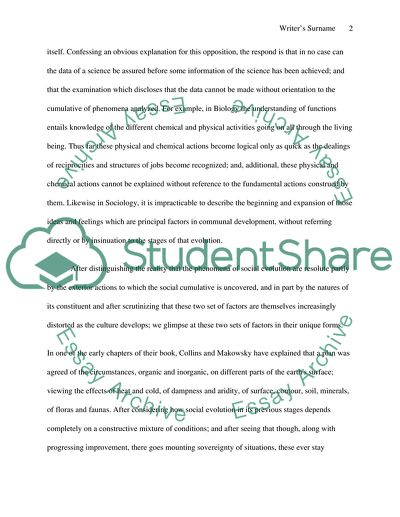Cite this document
(“The Discovery Of Society by Randall Collins and Michael Makowsky Essay”, n.d.)
The Discovery Of Society by Randall Collins and Michael Makowsky Essay. Retrieved from https://studentshare.org/literature/1512649-the-discovery-of-society-by-randall-collins-and-michael-makowsky
The Discovery Of Society by Randall Collins and Michael Makowsky Essay. Retrieved from https://studentshare.org/literature/1512649-the-discovery-of-society-by-randall-collins-and-michael-makowsky
(The Discovery Of Society by Randall Collins and Michael Makowsky Essay)
The Discovery Of Society by Randall Collins and Michael Makowsky Essay. https://studentshare.org/literature/1512649-the-discovery-of-society-by-randall-collins-and-michael-makowsky.
The Discovery Of Society by Randall Collins and Michael Makowsky Essay. https://studentshare.org/literature/1512649-the-discovery-of-society-by-randall-collins-and-michael-makowsky.
“The Discovery Of Society by Randall Collins and Michael Makowsky Essay”, n.d. https://studentshare.org/literature/1512649-the-discovery-of-society-by-randall-collins-and-michael-makowsky.


